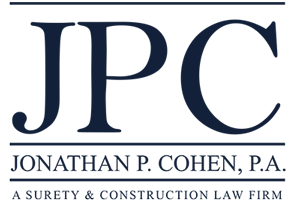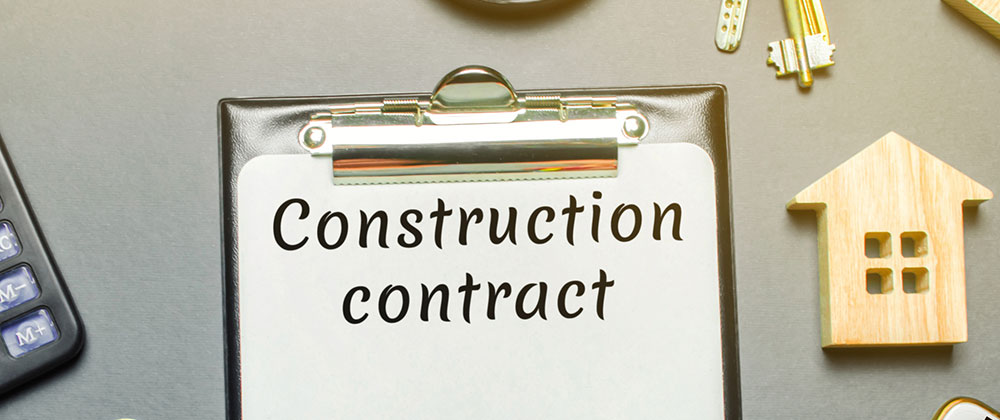Since construction projects involve numerous parties, they are inherently complex. Even with careful planning and execution, things can go wrong and cause delays or damage. When something goes wrong and causes disruptions or damage to the project, the affected party might seek compensation, including consequential damages. Here is what to know about consequential damages in construction contracts from Florida construction lawyer Jonathan P. Cohen, Esq.
What are Consequential Damages?
Consequential damages are damages caused by a contract breach. They are caused by the consequences of a breach rather than the breach itself. In construction, this might include lost business opportunities or profits and other indirect losses that result from a contract breach. Since the losses are indirect, they are typically harder to prove than direct damages.
The following are a few examples of indirect or consequential damages in construction:
- Delay in the project’s completion
- Lost rental income or business profits caused by the interruption or delay
- Other expenses the business incurred because of the breach
- Damage to the business’s reputation
- Increased materials costs because of a change in the scope due to errors
- Property damage caused by construction errors
For example, if the contractor doesn’t complete a project on time, the property owner’s consequential damages might include lost rental income, negative customer reviews, and additional financing costs. No matter how they occur, consequential damages are a financial hardship on the developer, contractor, or property owner.
Preventing Contract Breaches
Implementing effective strategies in advance can help to avoid potential errors and contract breaches. Before you begin a project, ensure its scope is clearly defined and that everyone involved understands their roles and responsibilities. Be realistic when setting deadlines and timelines to avoid mistakes and delays. Make sure that all work is completed to the highest standards and adheres to safety regulations and building codes. Establish open, clear communication channels between every involved party, and outline the consequences of a default or breach clearly in the contract.
While doing these things won’t prevent all potential mistakes, these steps can greatly reduce the risk of error and potential breaches. This can help to save your company money while also building and maintaining its positive reputation in the construction industry.
Liability for Consequential Damages
Typically, the breaching party or the party that causes the damage is liable for the injured party’s foreseeable losses. However, the contract might include a waiver of indirect damages.
For example, the parties might include a waiver clause to waive consequential damages that states that the parties will not be liable for remote or indirect losses no matter the cause. If the waiver is unambiguous, fair, and clear, it might be enforceable. However, it might not prevent the assessment of liability for foreseeable damages.
Reasons to Include Consequential Damages in a Contract
The following are reasons why you should include consequential damages in a construction contract:
- Consequential damages compensate you for foreseeable losses arising from your interactions with third parties while performing your contractual duties.
- A consequential damages clause provides a framework to resolve disputes that might arise.
What Is Included in a Waiver of Consequential Damages?
You must be specific about the types of damages that are covered and how to calculate them. Start by defining consequential damages. Your definition should clarify the types of damages that you consider consequential such as lost profits, opportunities, or other indirect losses. Think about all potential, reasonably foreseeable problems that could arise and address them in your waiver clause. When you define these damages in your contract, you can prevent misunderstandings.
To ensure your consequential damages waiver clause is included correctly in your construction contract, you should work with Florida construction lawyer Jonathan P. Cohen, Esq. An attorney can properly draft your contract and its consequential damages clause so that it will be enforceable. They can also guide how to manage disputes if they arise.
Consult Florida Construction Lawyer Jonathan P. Cohen, Esq. to Learn More About Consequential Damages in Construction Contracts
When they occur, consequential damages might affect homeowners and contractors. Understanding consequential damages and how to avoid them can help parties to a construction contract protect their interests and manage their risks. The Florida construction law firm of Jonathan P. Cohen, P.A. has years of experience handling legal matters in all areas of construction. To learn more about consequential damages and how to protect yourself, contact us to schedule a consultation at (954) 462-8850.
The information provided in this article does not, and is not intended to, constitute legal advice. The content in this article is presented for general informational purposes only.

